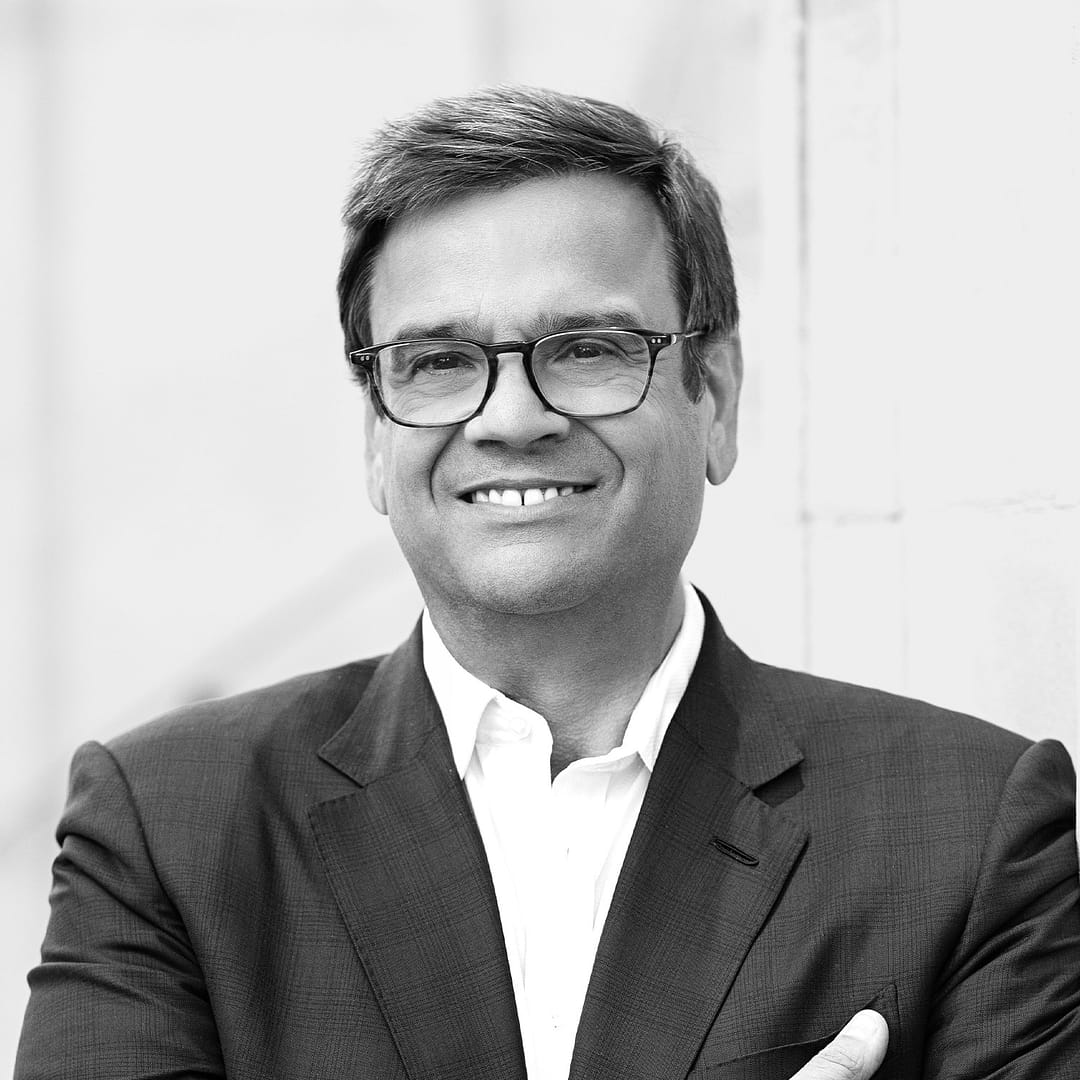- One in five of today’s GPs are now expected to fail
- Investors are scheduling a record volume of secondaries sales
- A quarter of LP staff to change jobs in the next two years
- Half of public pension funds will grow their in-house PE teams over the next two years
In the wake of the financial crisis, investors (LPs) are driving rapid change in the private equity industry, including a wide-ranging re-balancing of their portfolios and the recruitment of more in-house staff, according to Coller Capital’s latest Global Private Equity Barometer.
Having had time to gauge the effects of the financial crisis, the majority (54%) of investors now believe private equity is more correlated with public equities than they once did – and they now expect one in five of today’s private equity managers (GPs) to fail.
However, their confidence in the asset class overall remains strong. This is reflected in: growing asset allocations (a quarter of LPs will increase their target allocation to PE in the next 12 months); strong expectations for exits (two thirds of investors expect to see a significant increase in exits to trade buyers within the next 12 months); and improved portfolio performance. With their portfolios recovering from the crisis, almost two thirds (62%) of all LPs – and approaching three quarters (71%) of North American LPs – can now report lifetime net returns of 11-15% or higher from private equity.
Secondaries market
Investor interest in secondaries selling has reached unprecedented levels. Over one third of North American LPs, a quarter of European LPs, and as many as 42% of Asia-Pacific LPs plan to sell private equity assets in the next two years.
Interest in the secondaries market as a tool for portfolio re-shaping is visible too in investors’ buying intentions: around one third of North American and European LPs (30% and 35% respectively) – and more than two thirds (68%) of Asia-Pacific investors – intend to buy private equity interests in the next two years.

Investor plans for secondaries sales show the scale of the change coming to the private equity landscape. Compare the situation today with three years ago. One third of North American LPs plans to sell assets in the next 24 months. Whereas, in the summer of 2008, only one fifth of investors had ever sold. When you also look at the proportion of investors looking to buy secondaries; the flood of money targeting new private equity markets; and the accelerating pace of recruitment within LP institutions, it’s clear we are working in a rapidly-evolving industry."
LPs as employers
The pace of change within LP organisations is also accelerating. Currently, three quarters (76%) of LPs have been with their current employer for five years or more (and 42% of LPs for 10 years or more) – however, investors believe a quarter of their peers will change employers in the next two years. This perception is supported by the plans of individual institutions: around one third of all LPs plan to grow their private equity teams in the next two years – including almost half (47%) of public pension funds and 41% of insurance companies.
The Barometer also has interesting perspectives on LP incentives. Between half and two thirds of the investment staff at LP organisations have a performance-related element to their remuneration – and the majority of those who do not (including three quarters of North American respondents) believe they should have one.
Asia-Pacific exposure
European investors are twice as exposed to China and India as to the more developed private equity markets of Australasia, Japan and Korea. By contrast, the Asia-Pacific exposure of North American portfolios tends to be more evenly balanced (with a 53% exposure to emerging markets vs a 42% exposure to developed Asia-Pacific markets). Perhaps unsurprisingly, Asia-Pacific investors themselves have a relatively greater exposure to the developed Asian markets: this makes up 57% of their Asia-Pacific portfolios on average. In fact, the private equity investor community as a whole is planning to increase its exposure to Australasia and Korea (23% and 18% of LPs respectively). This contrasts with Japan, where overall private equity exposure will stagnate or even reduce slightly.
Debt markets
Broadly speaking, investors think the private equity debt markets are functioning well: over half (60%) of LPs believe most or all high-quality deals are being funded to an appropriate level; almost two thirds (63%) believe the debt/equity ratio of today’s buyout deals is about right; and over two thirds (69%) welcome the recent growth in dividend recaps.
Additional Barometer findings
The Summer 2011 edition of the Barometer also charts investors’ views and opinions on:
- Re-up refusals
- Operational improvements at portfolio companies
- Sector-specialist private equity funds
- Major challenges to private equity investment in developed Asia-Pacific markets
- Proportion of LP time spent making and monitoring PE investments